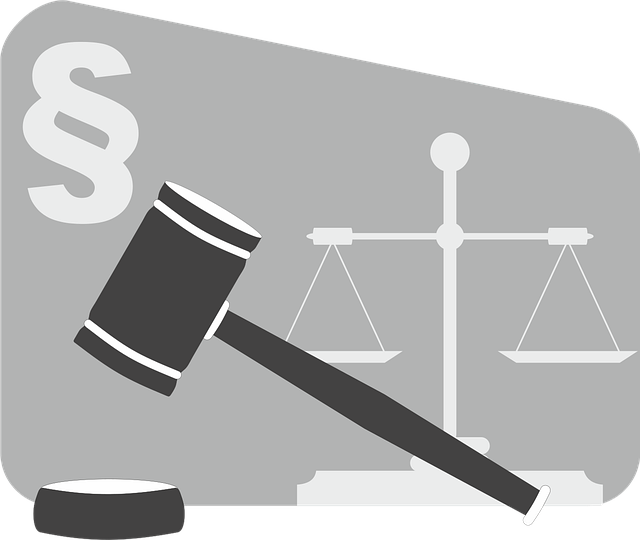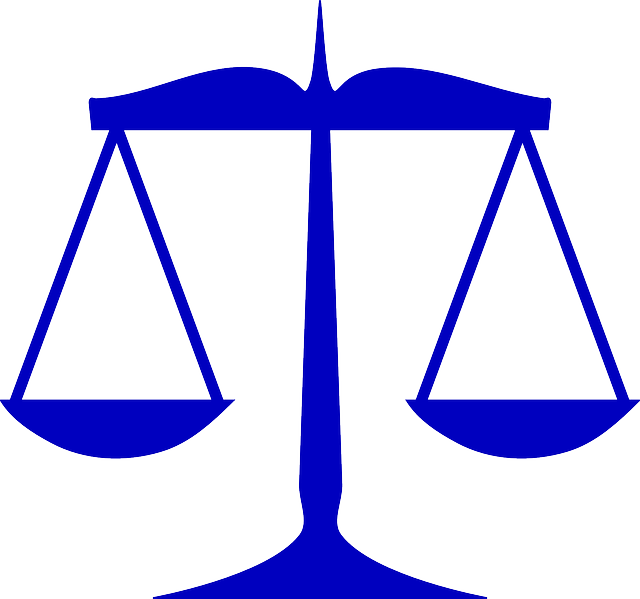Cartel investigations, driven by antitrust law, target illegal price-fixing and market allocation agreements. This process involves data collection, witness interviews, and regulatory demand for documents. The goal is achieving fair markets and justice through strict procedures and penalties, deterring anti-competitive behavior globally with international cooperation from organizations like the OECD and WTO.
“Explore the intricate world of litigation with our comprehensive guide on cartel investigations and their associated procedures and penalties. This article delves into the complex process, from understanding legal grounds for initiation to international cooperation in enforcing consequences. Discover how cartel activities, often shrouded in secrecy, are unravelled and the global impact of these investigations. Learn about stringent fines and penalties that serve as deterrents, while also gaining insights into the evolving global perspective on tackling cartels effectively.”
- Understanding Cartel Investigations: Unraveling the Process
- Legal Grounds for Initiating an Investigation
- Penalties and Fines: Consequences of Cartels
- International Cooperation: A Global Perspective on Penalties
Understanding Cartel Investigations: Unraveling the Process

Cartel investigations are a crucial aspect of antitrust law enforcement, designed to unravel illegal price-fixing and market allocation agreements among competitors. These in-depth probes often involve extensive data collection, witness interviews, and sophisticated analysis to identify and penalize companies and individuals involved in anti-competitive practices. The process typically starts with preliminary inquiries where authorities assess potential violations based on public reports, industry insights, or anonymous tips. If sufficient evidence suggests a cartel existence, formal investigations ensue.
During the investigation period, regulators may request documents, conduct interviews, and analyze market data to map out the alleged conspiracy. This phase demands careful navigation for both corporate and individual clients, as transparency and cooperation can lead to leniency but also expose vulnerabilities. Authorities aim to gather irrefutable evidence, demonstrating coordination among cartellists through price agreements, supply constraints, or market division. The ultimate goal is achieving extraordinary results in terms of ensuring a fair market and dispensing justice with Cartel Investigation Procedures and Penalties acting as deterrents for future anti-competitive behavior.
Legal Grounds for Initiating an Investigation

When considering legal grounds for initiating an investigation, Cartel Investigation Procedures and Penalties stand as a significant aspect in the realm of competition law. These investigations are launched to unravel and dismantle illegal agreements or practices that restrict market competition, often involving corporate and individual clients alike. The focus is on identifying and penalizing behaviors such as price-fixing, market division, and bid-rigging, which can have far-reaching consequences for businesses operating across the country.
The general criminal defense strategy in such cases emphasizes the distinction between legitimate business practices and anti-competitive conduct. Understanding the specific laws and regulations governing cartel behavior is crucial to mounting a robust defense. This includes navigating complex legal frameworks and presenting evidence that demonstrates the innocence or leniency of the accused, thereby ensuring fairness and proportional penalties for all parties involved.
Penalties and Fines: Consequences of Cartels

Cartel investigations are a complex part of antitrust law, focusing on unraveling illegal agreements between competitors that distort free markets. When a cartel is discovered, the consequences can be severe. Penalties and fines are levied to deter future violations and compensate victims. These penalties are designed to disrupt the financial benefits derived from anti-competitive practices, serving as a powerful disincentive for would-be cartels.
The process typically begins with an in-depth investigation covering all stages of the investigative and enforcement process. This may include gathering evidence through surveillance, document production, and witness interviews. Once a violation is established, cases often proceed to jury trials, where plaintiffs seek winning challenging defense verdicts. The impact of these penalties extends beyond financial losses; they also send a strong message about the seriousness of cartel behavior in the business world.
International Cooperation: A Global Perspective on Penalties

International cooperation plays a pivotal role in tackling complex global issues, particularly in the realm of litigation and cartel investigations. When it comes to penalties for anti-competitive practices, a coordinated approach is essential. Countries around the world collaborate through agreements and organizations like the OECD and WTO to harmonize regulations and ensure effective enforcement. This shared effort facilitates the exchange of information, enabling authorities to conduct thorough Cartel Investigation Procedures and Penalties that span borders.
As a result, companies found guilty of engaging in cartels or other anti-trust activities can face severe consequences, regardless of their location. These penalties often include substantial monetary fines and legal sanctions aimed at disrupting and deterring future illegal behavior. Achieving extraordinary results through international cooperation ensures that businesses operating globally are held accountable for their actions, fostering a fair and competitive marketplace for his clients worldwide.
In conclusion, cartel investigations are complex legal processes that require meticulous understanding and navigation. By recognizing the legal grounds for initiating inquiries, understanding the consequences of penalties, including substantial fines, and appreciating the role of international cooperation, businesses can better prepare to avoid and combat cartels. Adhering to ethical practices and staying informed about Cartel Investigation Procedures and Penalties is essential in today’s global market.






